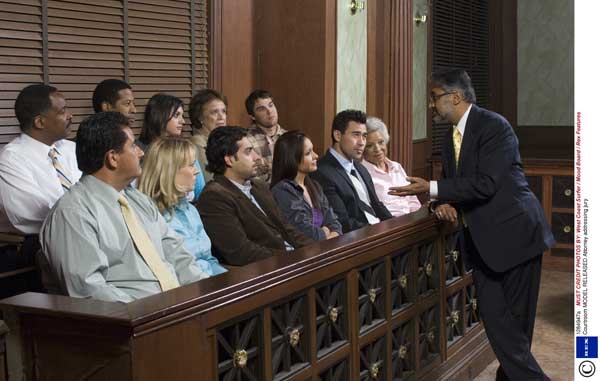“Of The People, By The People, For The People.”
– Abraham Lincoln (16th President of the United States of America)
In 1066, the Anglo-Saxon courts of King William I began implementing the idea of the people giving verdicts of trials with judges to give the sentence. This proposition would further blossom and render juries a commonplace in 21st century courts.
The idea of the people elected of random order and granted no benefits so that they may be non-corrupt was a great one to the extent that after nearly a millenia, societies continue to deem it vital in justice-serving courts. However, this tradition is not without its pros and cons.
Firstly, it is advantageous that juries are less susceptible to corruption, for they are chosen mere days before trials, giving little time for breakers of law to corrupt them. Yet, they may be swayed by criminals with flowing tongues that can make them forget the reason they are there in the first place.
For example, take the case of George Remus, an American gangster during the times of prohibition. At 8:30 a.m. on Oct. 6, 1927, Remus walked into the central police station in Cincinnati and informed the officer on duty, “I just shot my wife, and I came to surrender.” In his trial, he tried to plead with insanity even though there was little evidence to prove this. Yet when the verdict reveled that Remus was not guilty, it was evident that the American justice system had failed.
Welcoming a man who had hastily explained how he killed his wife on the streets back to a proper life is a crime against the government of the United States.
In conclusion, the jury is both a great and terrible idea that indeed has left its marks in the past millenia.



